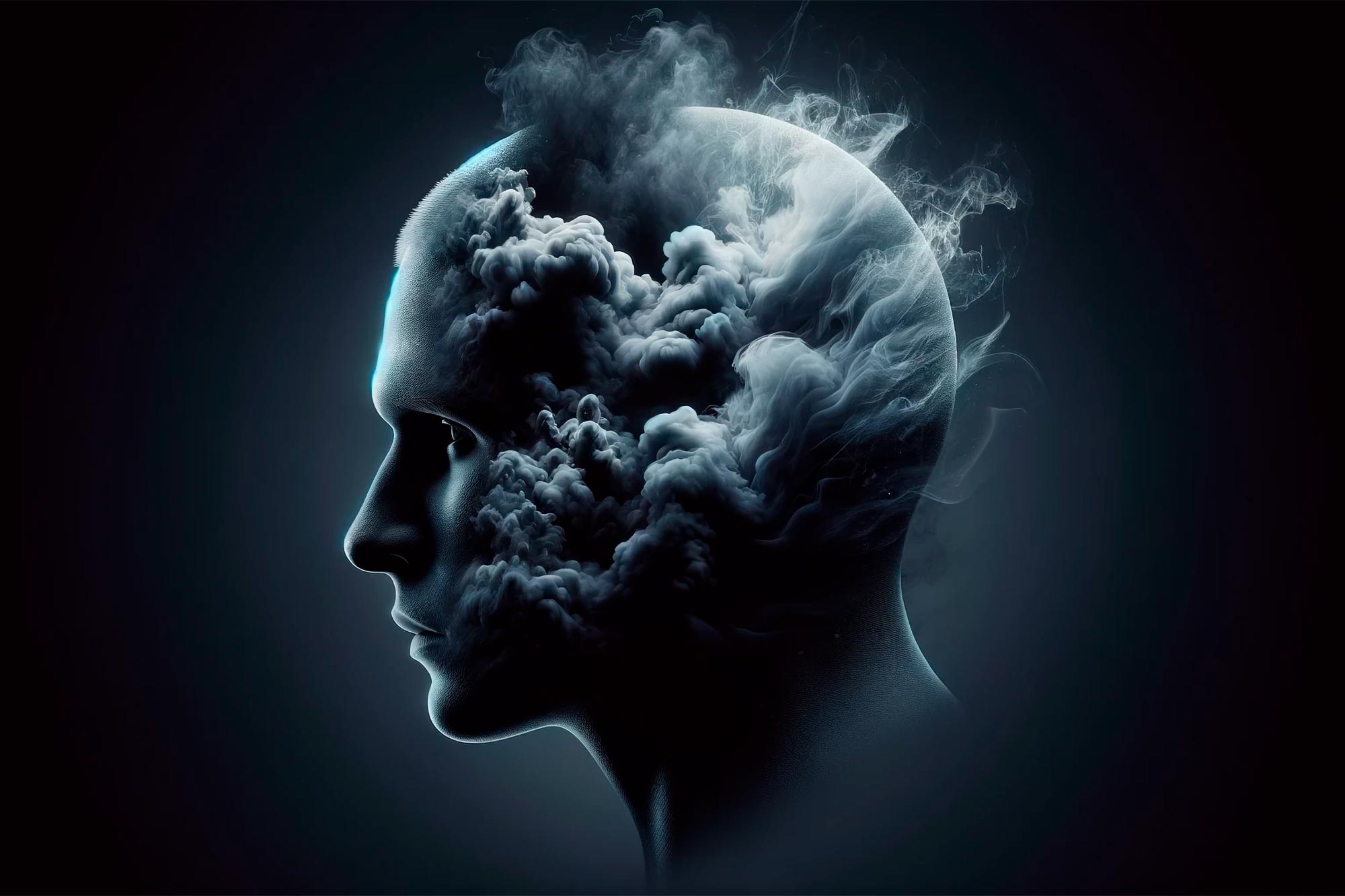A new study by Yale scientists has identified a specific brain region that may cause paranoia by comparing behavioral data from monkeys and humans. This research utilized a novel approach, aligning animal and human studies using a computational model to analyze how participants perceive environmental stability and adapt to changes. The study, which also examined the effects of specific brain lesions in monkeys, provides insights into the neural underpinnings of paranoia and suggests a framework for future research on human cognition using simpler species. This could ultimately aid in developing better pharmaceutical treatments for paranoia. Credit: SciTechDaily.com
Yale researchers link brain regions to paranoia through a study of human and monkey behaviors.
The capacity to adjust beliefs about one’s actions and their consequences in a constantly changing environment is a defining characteristic of advanced cognition. Disruptions to this ability, however, can negatively affect cognition and behavior, leading to such states of mind as paranoia, or the belief that others intend to harm us.
In a new study, Yale scientists uncover how one specific region of the brain might causally provoke these feelings of paranoia.
Their novel approach — which involved aligning data collected from monkeys with human data — also offers a new cross-DOI: 10.1016/j.celrep.2024.114355
The work was led by co-first authors Praveen Suthaharan, a graduate student in Corlett’s lab, and Summer Thompson, an associate research scientist in Yale’s Department of Psychiatry. It was done in collaboration with Jane Taylor, the Charles B.G. Murphy Professor of Psychiatry at Yale School of Medicine.











/https://tf-cmsv2-smithsonianmag-media.s3.amazonaws.com/filer_public/34/31/3431771d-41e2-4f97-aed2-c5f1df5295da/gettyimages-1441066266_web.jpg)







Discussion about this post